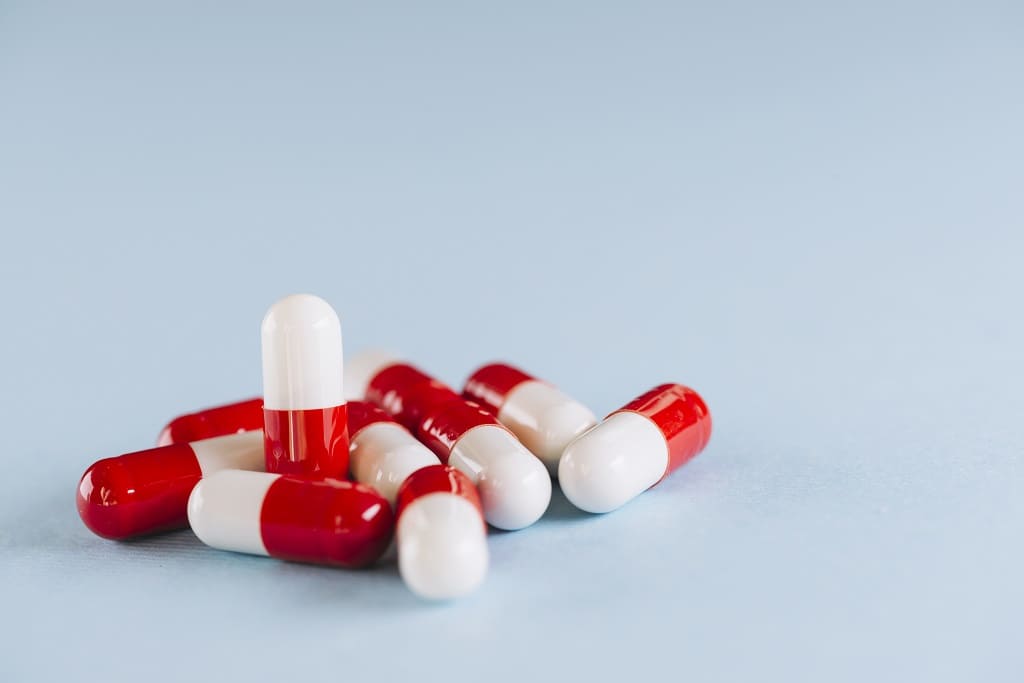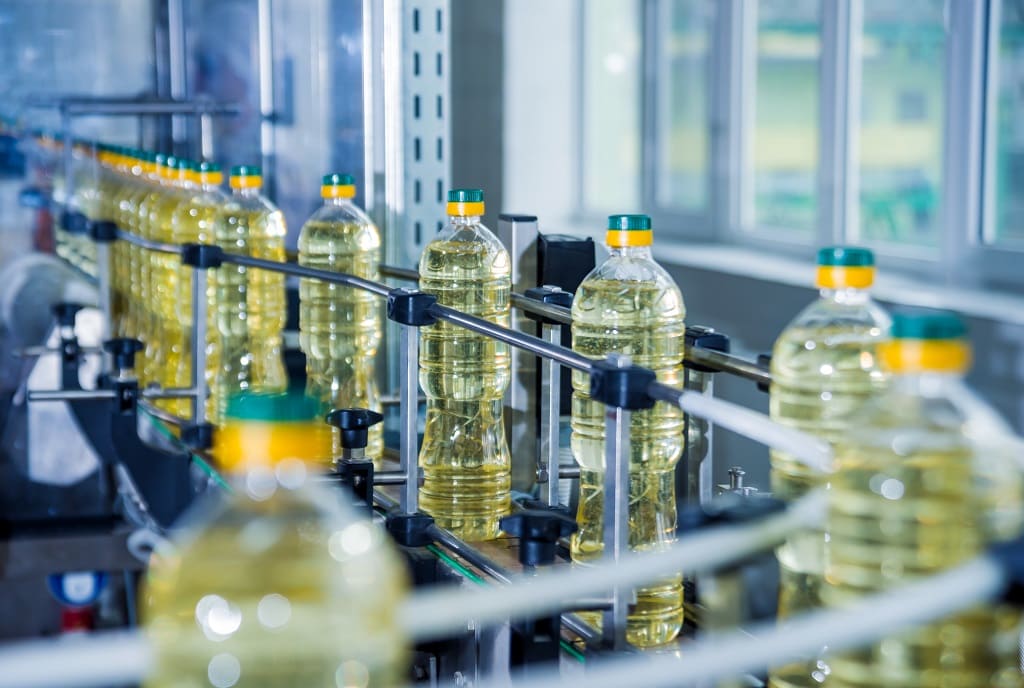What is GMP regulation?
GMP stands for Good Manufacturing Practices. In Spain, we have two ways of referring to them:
- BPF: Good Manufacturing Practices.
- NCF: Correct Manufacturing Standards.
They were originally applied to the manufacturing of food, pharmaceuticals, cosmetics, and medical products. However, today their application extends to other productive sectors. This is done through a set of standards and guidelines that manufacturers must follow.
Its goal is to ensure the essential quality and safety standards of the products produced, from raw materials to the final consumer.
The main general, necessary, and common standards to comply with GMP are:
- Qualified personnel.
- Adapted facilities and equipment.
- Appropriate packaging (labels, containers, and materials).
- Adapted and appropriate production, distribution, and storage.
- Updated documentation.
- Quality audits.
- Perform outsourced activities (companies that also comply with GMP) and self-inspections.
Additionally, other factors to consider include:
- Keep a record of the entire manufacturing process in which each operation is clearly explained and documented appropriately.
- Make these records complete and accessible.
- Minimize any risk of deterioration in the quality of products, both in supply and distribution.
- Establish a reliable system that allows the recall of any product, whether in the distribution or sales stage.
- Study every complaint about a marketed product, also investigating the causes of its defects.
Many of these procedures are regulated by international, European, and, of course, Spanish legislation.
GMP in Spain. Application in different industries
Pharmaceutical industry
In the pharmaceutical industry, everything is regulated and supervised by the Spanish Agency for Medicines and Health Products (AEMPS), which follows the guidelines of the European Medicines Agency (EMA).
We are talking about pharmaceutical laboratories, for human or veterinary medicines, where active ingredients and excipients are handled as raw materials. This requires the preparation of two technical reports with clear and concise information about the activity:
- One from the raw material supplier.
- Another one from the drug manufacturer.
With this documentation, the AEMPS has the tools to plan and conduct inspections. In some cases, there are Autonomous Communities that are responsible for GMP and carry out these inspection visits.
Once compliance with GMP is verified, the compliance certificate is issued and executed within ninety days, which is necessary to enter the market.
To help companies in the sector meet these requirements, the AEMPS provides a good manufacturing guide for medicines and a guide outlining the content that technical reports should include.

Cosmetic industry
In the case of cosmetic product production, although the AEMPS can carry out inspections, it does not have the authority to issue GMP compliance certificates.
The only way to obtain them is through certification of the international standard ISO 22716, which is carried out through internal and external audits.
In these audits, the following must be ensured:
- The safety, quality, and effectiveness of the cosmetic product.
- The prevention of exposing users to risks due to issues with the safety, stability, and effectiveness of the product.
Food industry
According to the WHO, most foodborne diseases (intoxications and even deaths) are caused by bacteria, viruses, parasites, or chemical contaminants. Therefore, food safety is a global concern.
Compliance with GMP is essential to ensure a product is safe for both the consumer’s health and the company’s own staff, whether it’s a farm, a processing plant, or a hotel, to name a few examples.
In this sector, the most important GMP certificates are:
- The ISO 22000 certification, for food safety.
- SQF Code: Food Safety Management System.
- ISO 9001, quality management systems.
- Hazard Analysis and Critical Control Points (HACCP).
And some specific measures included in these are:
- Clean and sterilize surfaces, equipment, and utensils properly.
- Maintain a high level of personal hygiene, especially handwashing.
- Store, cool, and heat food properly concerning temperature, environment, and equipment.
- Implement an effective pest control system.
- Include allergies, foodborne illnesses, and food intolerances.
Good manufacturing practices in 2021
Next year, just like this 2020, will be marked by the health crisis. Since last March, exceptional decisions have been applied to GMP regulations, affecting all sectors (beyond the mentioned ones).
As a fact, before all of this, the traceability health-oriented traceability was more prevalent in the food industry, whereas in the pharmaceutical and cosmetic industries, it was more focused on detecting counterfeits and potential distribution issues.
In 2021, it will be crucial to follow this path: not only complying with GMP regulations but also reinforcing the importance of traceability throughout the entire process within those regulations.
For all types of environments, the Secretary of State for Trade has prepared a ‘Good Practice Guide’, including general prevention measures relating to the health protection, which will be strictly monitored at least for the next 2021.
The AEMPS, for its part, published a guide of recommendations in case of infection. Since March, working on identifying companies that could make manufacturing lines available to the Ministry of Health for the production of masks and surgical gowns within our territory.
On the other hand, it also grants and will grant exceptional (and necessary) authorizations to cosmetic companies and bioethanol producers to ensure the manufacture, importation, and supply of hand sanitizers.

Digitalization to ensure GMP compliance
As you can see, successfully meeting all the GMP requirements is closely related to having a detailed understanding of everything happening on the production floor.
In this context, traceability and quality control standards are not just important, but absolutely essential. That’s why having digital solutions that simplify these processes and deliver effective results provides a significant advantage.
At Sixphere, we have a set of tools that will help you achieve these goals.
To start, we have Polaris Production Management, which provides you with a real-time snapshot of all processes. Additionally, with Polaris quality audits 5S you will be able to manage the inspections we have described more efficiently.
Finally, you can also benefit from the features offered by Blockchain technology, through which all links in the supply chain will have access to key manufacturing and logistics information.
Surely, the GMP regulations will be with us, and very closely, in the coming years. In fact, they are evolving to adapt to these challenging times. Do you think this is your opportunity to incorporate them into the digitalization plan of your company? Tell us your case and we will help you achieve it.
Do you want to know what we do and how we do it? Visit our success stories and ask us anything you need to know.
KNOWLEDGE / Downloadables
Free eBook
OEE Efficiency

Discover the details of the OEE indicator, how to automate its calculation and the requirements your production processes must meet to implement it.
